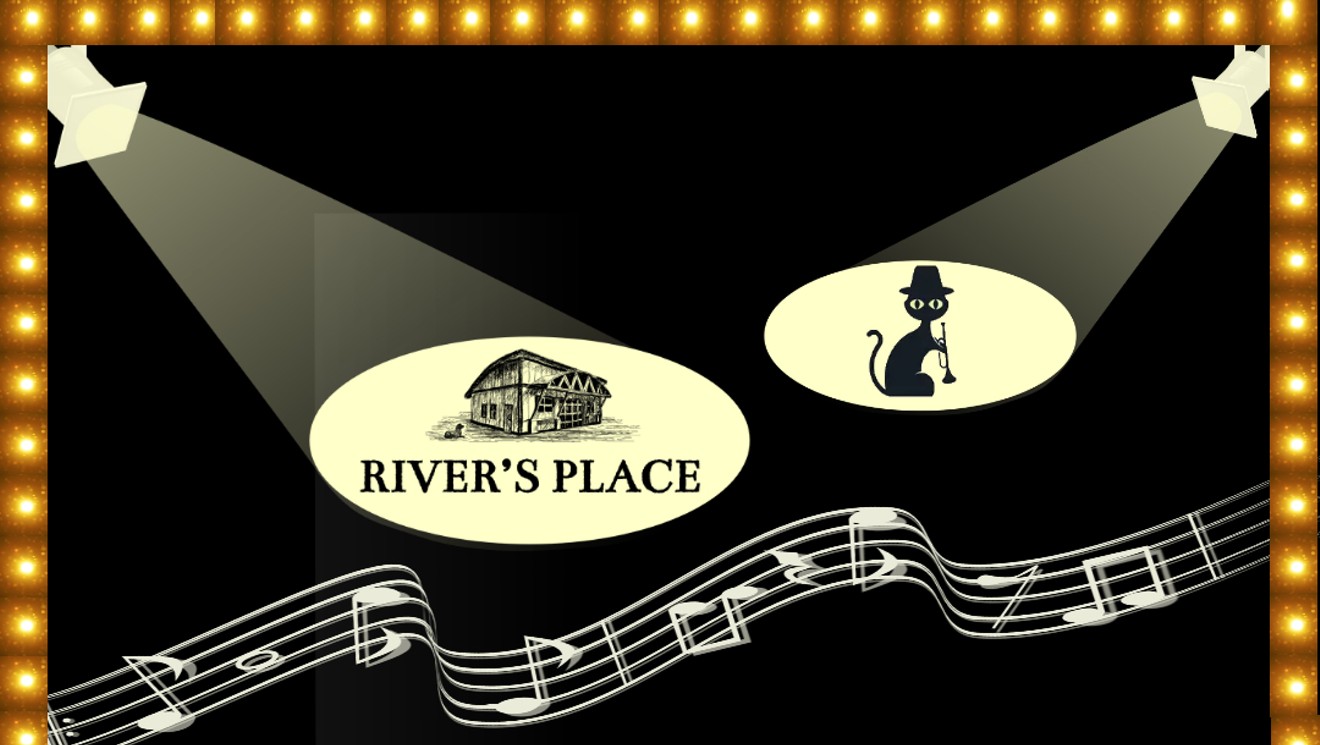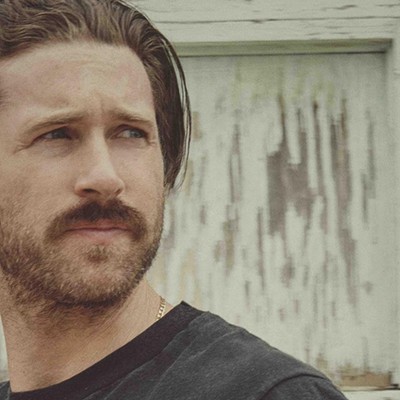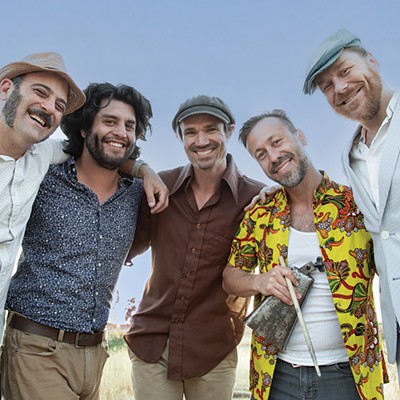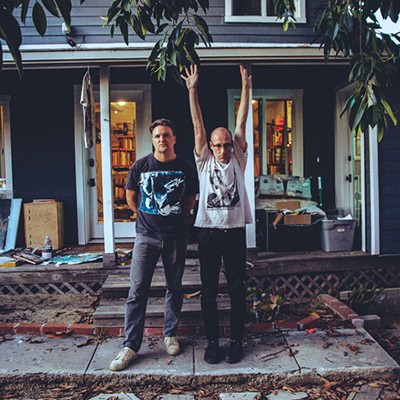A glass cage of emotion, you say?
There's a reason the best songs are usually about breakups, hardships or hey, tough political times. Political injustice and activism have long inspired musicians to produce important songs that still resonate long after the turmoil is over. Using music as a tool for protest isn't anything new—but with the current political climate, we have a sneaking suspicion music in the U.S. is about to get reaaallly good.
The 40s
Way back when, Woody Guthrie's "This Land is Your Land," was dubbed as an alternative anthem to "God Bless America." Original verses featured dark political commentary which eerily echo present day:
"There was a big high wall there that tried to stop me.
The sign was painted, said 'Private Property.'
But on the backside, it didn't say nothing.
This land was made for you and me."
Perhaps someone should play this song in the Oval Office...
The 60 and 70s
Further drawing parallels to today, 1962 had the very real threat of nuclear war hanging over the world, as the U.S and the Soviet Union faced off with the Cuban Missile Crisis. Bob Dylan summarized the tension in post-war America with the song, "A Hard Rain's Gonna Fall" — although he later stressed that the lyrics weren't meant to illustrate those ghastly nuclear side effects.
As the '60s progressed and the Civil Rights Movement gained momentum, Gil Scott-Heron recorded "The Revolution Will Not Be Televised," which attacked the inaction of the masses and parodied the seriousness of the struggle.
"You will not be able to stay home, brother.
You will not be able to plug in, turn on and drop out.
You will not be able to lose yourself on skag and skip."
The '60s were rife with conflict, and in 1968 demonstrations against the Vietnam War were taking place around the world. It led John Lennon to ponder whether violence was the answer, and he penned many anti-war songs including, "Revolution" and the simple protest song "Give Peace A Chance," immediately adopted as an anti-war anthem. Always a powerhouse, he channeled the power of positive thinking in "Imagine," although his next song, "Power to the People," was more to the point.
In contrast, Jim Morrison's gruesome lyrics in "Unknown Soldier" depicted a very different, albeit realistic scene of the horrors of the Vietnam War with lyrics like;
"Unborn living, living dead, bullet strikes the helmet's head
and it's all over for the unknown soldier."
The 80s and 90s
The 80s saw further public disillusionment. U2 came out with "Sunday Bloody Sunday" on their third album, "War," about the British Army's massacre of civil rights protesters in Ireland in 1972. Concurrently, Bruce Springsteen released "Born in the USA" to showcase his outrage about how the state had neglected Vietnam War veterans and how they were met with indifference and hostility once they returned.
The controversial track, "Fuck Tha Police" by N.W.A., dropped in the late 80s, which featured an angry Ice Cube yelling, "They have the authority to kill a minority." Tensions bubbled and a few years later Rodney King was savagely beaten by the Los Angeles Police, which led many to accuse them of institutionalized racism. The L.A. race riots sparked Public Enemy to release the notorious track, "Fight the Power," which had the rap superstars singing "Our freedom of speech is freedom or death, we've got to fight the powers that be." At the same time, Rage Against The Machine's, "Township Rebellion" connected racism and the notorious cross-burning activities of the Ku Klux Klan.
The 2000s
The dawn of the new century showcased the young generation's varied worries, from climate change to race to immigration. Radiohead's "Idioteque" was released after The Intergovernmental Panel On Climate Change concluded in 2001 that global warming was very real. Thom Yorke gloomily sang, "We're not scaremongering, this is really happening... ice age coming, ice age coming...Women and children first."
In the mid 2000s, the Gossip's Beth Ditto didn't take too kindly to the proposition of the Federal Marriage Amendment and wrote, "Standing in the Way of Control," which highlighted her anger at her country's discrimination toward same-sex marriage. M.I.A, a first- generation American and daughter of a Tamil activist, wrote "Paper Planes" as a snapshot of how she adapted from being a refugee to the daily struggles of living in corporate America.
While, finally, after an 18-year hiatus, 90s hip-hop group, A Tribe Called Quest, released, "We the People," offering a brutally honest illustration of the current racial tensions and climate in the U.S. Frightfully timely, Q-Tip raps,
"All you black folks, you must go.
All you Mexicans, you must go.
And all you poor folks, you must go,
Muslims and gays, boy we hate your ways, so all you bad folk, you must go."
Musicians will continue to release political music, finding inspiration in radical citizen-led movements such as the anti-Trump protests, Black Lives Matter or their own struggles. While modern protest songs may not yet be iconic, the spirit and message remains the same: Power to the people.





















